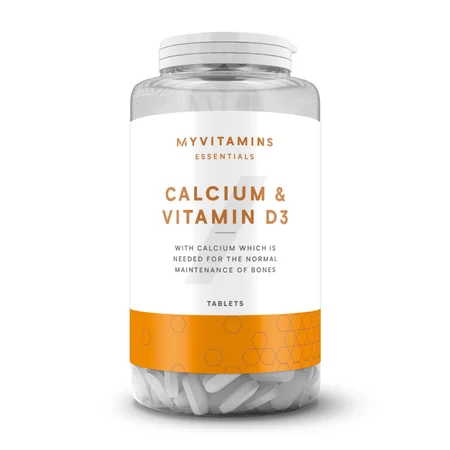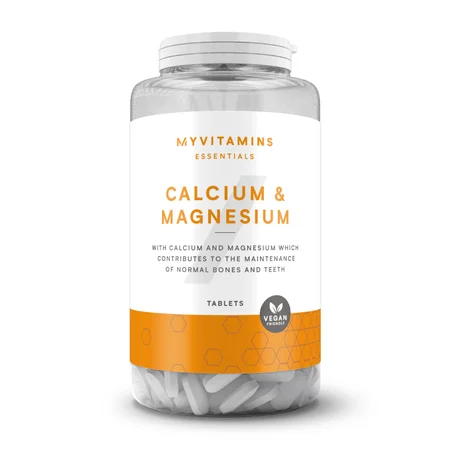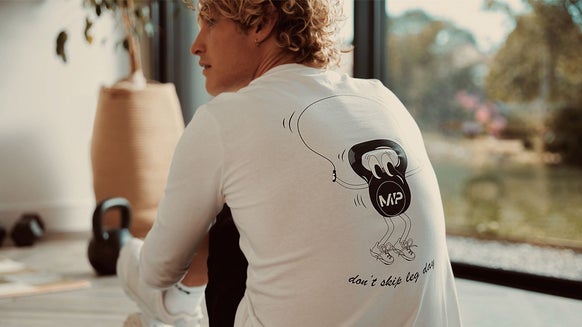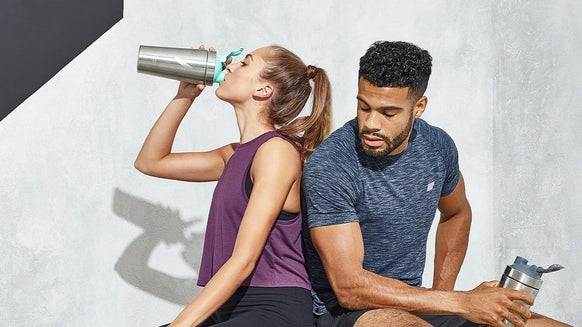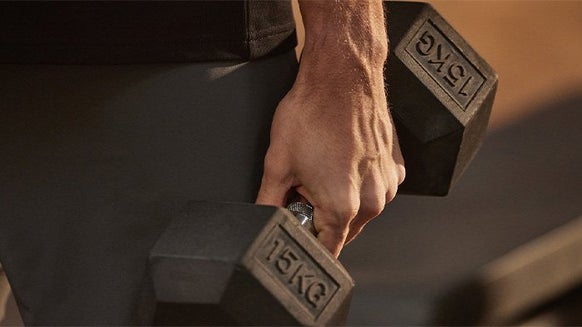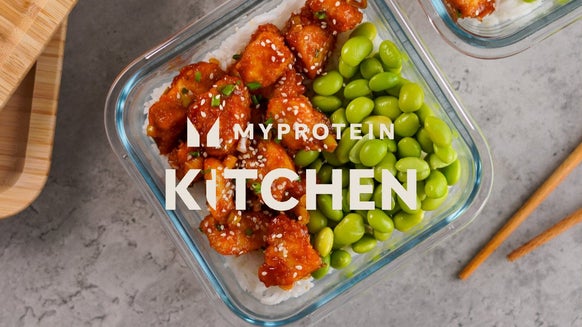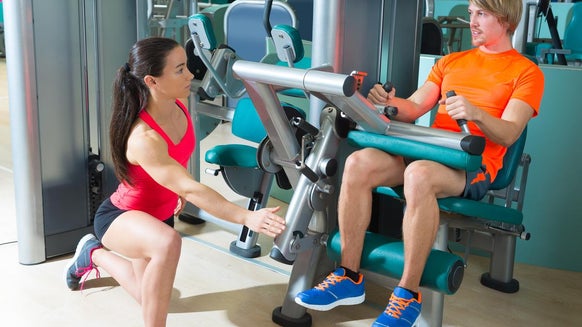16 Foods High In Calcium

Calcium is the most abundant mineral in the body and is an essential nutrient responsible for many functions that keep our bodies healthy. While most of the calcium in the body supports the structure of bones and teeth, calcium is also crucial for the function of blood vessels, muscles, nerves, and the heart.1 There are plenty of options for calcium supplements, but which foods are high in calcium?
There are many benefits to getting enough calcium in your diet. While we primarily think about dairy foods as calcium sources, there are plenty of other non-dairy foods that are high in calcium. Here are 15 foods high in calcium that you should consider eating if you want to increase your consumption of this important mineral.

15 foods high in calcium
1. Yoghurt
Yoghurt contains 415mg of calcium per serving, which is about a third of the calcium you need in a day. Choose low fat and unsweetened versions when possible. Adding yoghurt to your post-workout shake or smoothie also adds between 6-8 grams of extra protein.

Grilled Peaches With Protein Yoghurt | Healthy Dessert Recipe
The perfect sweet treat for a summer afternoon.
2. Fortified orange juice
Because calcium is such an important nutrient, it is added to some other foods that are not typically high sources of calcium — such as orange juice — which contains up to 350mg per cup when fortified. Fortified products, like orange juice, don’t taste any different than their unfortified versions, but can help you reach your daily calcium needs. Orange juice is also an important source of vitamin C.
3. Mozzarella cheese
While all cheeses made from milk contain calcium, mozzarella is a cheese with one of the highest sources of calcium. One 1.5-ounce serving contains 330mg of calcium. Choose fresh part-skim mozzarella for a protein and calcium boost that isn’t loaded with fat.
4. Sardines
Sardines are a unique source of calcium thanks to their edible bones. High in protein and shelf stable, sardines may be the perfect snack to hit your macros and help boost your calcium intake. One serving contains 325mg of calcium.
5. Fortified soya milk
Soya milk is one of the unique milk-alternatives that closely matches the protein content of cow’s milk. Most soymilks are also fortified with calcium to help you meet your daily needs with around 300mg per cup.
6. Milk
A classic source of calcium, milk contains approximately 275mg of calcium per cup, as well as protein.
7. Tofu
The process of making tofu often involves calcium sulphate, adding 250mg of calcium in half a cup. While tofu is a popular source of plant-based protein, it is also low in fat and versatile enough to use any time of day.

Crispy Teriyaki Tofu & Rice | Vegan Meal Prep
Try these crispy tofu pieces once, and you’ll be hooked.
8. Salmon
Salmon is another good source of calcium if you choose a canned variety containing bones. Similar to sardines, these bones are tiny and soft and you likely won’t even notice them — but you’ll get up to 180mg of calcium in just three ounces.

Salmon Poke Bowl Recipe | High-Protein Meal Prep
Try something new to switch up your meal prep.
9. Cottage cheese
Cottage cheese is another dairy-based source of calcium. It is slightly lower in calcium than regular milk due to the production of the milk solids and removal of the liquid. Cottage cheese is also packed with protein, and provides 138mg of calcium per 250ml serving.
10. Fortified cereals
Dry breakfast cereals are often fortified with minerals such as iron and calcium due to their low price point and popularity. Many fortified cereals can contribute up to 130mg of calcium (10% of your daily needs) in one serving. They are also often fortified with B vitamins, which are essential for a healthy metabolism.
11. Spinach
Spinach is a plant-based source of calcium providing up to 123mg per half cup serving when boiled and drained. It is a good source of calcium and iron for vegans.
12. Kale
Like spinach, a cup of cooked kale is packed with nutrients, including up to 94mg of calcium per serving. Along with iron, fibre and antioxidants, these leafy greens are a nutritious addition to any meal.
13. Chia seeds
Known for their fibre and protein content, chia seeds are also high in calcium, providing 76mg in just one tablespoon. They can be sprinkled into smoothies or oatmeal for an extra calcium boost.
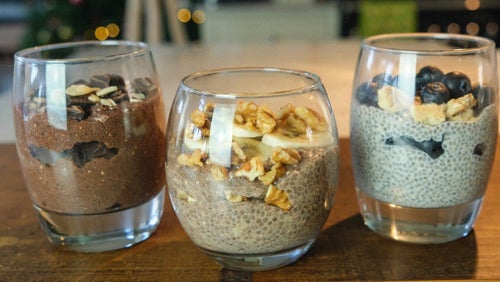
Chia Pudding 3 Ways | High-Protein Breakfast Recipe
Ditch the oats, these super seeds are packed with protein, amino acids, healthy fats and fibre.
14. Pak choi
Shredded pak choi is another vegetable that can increase the calcium content in your stir fry or be served as a side dish. When raw, one cup of this Chinese cabbage includes 74mg of calcium.
15. Pinto beans
While not at the top of the calcium content list, pinto beans contain about 54mg of calcium in a 86g serving. Beans can help to increase calcium intake for those who follow a plant-based diet.
16. Whole wheat bread
Whole grains are high in many nutrients like fibre and B vitamins, but they also contain some calcium. One slice of whole wheat bread contains 30mg of calcium to add to your daily intake.
Take home message
Calcium is an essential mineral that our bodies need to function. While there are many food sources of calcium that can help you get enough through your diet, calcium supplements are an easy and effective way to make sure you’re getting your daily needs.
READ THESE NEXT:

Uses Of 5-HTP Supplements | Benefits, Dosage & Side Effects
The serotonin supplement.
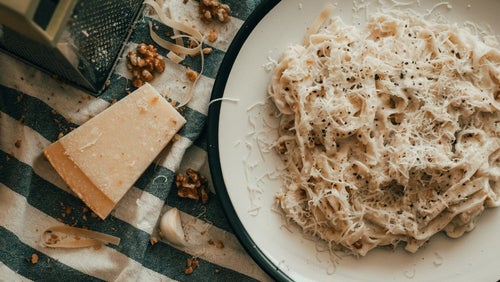
9 Foods High In Leucine
Not all proteins are equal. Here are nine protein sources which will deliver the most leucine.

Truth About Creatine 'Helping' Weight Loss | Nutritionist Reveals All
Yet more creatine myth-busting.

Claire is a Registered Dietitian through the Academy of Nutrition and Dietetics and a board-certified Health and Wellness Coach through the International Consortium for Health and Wellness Coaching. She has a Bachelor of Science in Biology and a Master’s degree in Clinical Dietetics and Nutrition from the University of Pittsburgh.
Talking and writing about food and fitness is at the heart of Claire’s ethos as she loves to use her experience to help others meet their health and wellness goals.
Claire is also a certified indoor cycling instructor and loves the mental and physical boost she gets from regular runs and yoga classes. When she’s not keeping fit herself, she’s cheering on her hometown’s sports teams in Pittsburgh, or cooking for her family in the kitchen.
Find out more about Claire’s experience here.
- Beto, J. A. (2015). The role of calcium in human aging. Clinical nutrition research, 4(1), 1-8.
- National Institutes of Health. (2021). Calcium – Health Professional Fact Sheet. Office of Dietary Supplements. https://ods.od.nih.gov/factsheets/Calcium-HealthProfessional/

